Your One-Stop Shop for Everyday Essentials & Unique Finds
Finding the Best Dog Walking Insurance: A Comprehensive Guide
Starting a dog walking business sounds like a dream, right? Lots of happy pups, fresh air, and getting paid to hang out with furry friends. But sometimes, things happen that you don't expect. A dog might get a little too excited and break something, or maybe even get hurt. That's where having the best dog walking insurance comes in. It's like a safety net, making sure you're protected if something goes wrong. This guide will walk you through why it's so important and how to pick the right plan for your business.
Key Takeaways
- Dog walking insurance is a must-have for anyone in the business, protecting you from unexpected problems.
- There are different kinds of coverage, like general liability and animal bailee, each helping with specific risks.
- The price of your insurance can change based on things like your business size and where you work.
- Even if you use platforms like Wag or Rover, you probably need your own insurance for full protection.
- Getting bonded and insured means following a few simple steps, from choosing a plan to keeping your records straight.
Why Dog Walking Insurance is a Must-Have
So, you're thinking about dog walking? Awesome! Sunshine, happy pups, what's not to love? But before you leash up and head out, let's talk about something super important: dog walking insurance. It might seem like just another expense, but trust me, it's an investment in your peace of mind and the success of your business. Think of it as a safety net, ready to catch you if things go sideways.
What Exactly is Dog Walking Insurance?
Dog walking insurance is a type of liability insurance designed to protect you from financial losses if something goes wrong while you're working. We're talking about things like a dog biting someone, damaging property, or even getting injured themselves while in your care. It's there to cover those unexpected costs that can really put a dent in your wallet. It's also sometimes called animal bailee insurance, especially if you're caring for the animal temporarily.
Who Benefits Most From This Coverage?
Okay, so who really needs this? Well, pretty much anyone who's getting paid to walk dogs! Whether you're an independent walker just starting out, a pet-sitting business that includes walks, or a larger company with multiple employees, insurance is a must. Even if you're just walking dogs part-time, the risks are still there. And hey, if you're using your car for the business, don't forget about commercial auto insurance too!
Here's a quick rundown:
- Independent dog walkers
- Pet sitting businesses
- Larger dog walking companies
Dog walking insurance isn't just for the big companies. Even if you're just starting out, it's a smart move to protect yourself from potential liabilities. It shows your clients you're serious and responsible.
The Peace of Mind Factor
Let's be real, accidents happen. Dogs are unpredictable, and even the best-behaved pup can have a moment. Dog walking insurance gives you the peace of mind to focus on what you love: spending time with dogs. You won't have to constantly worry about every little thing that could go wrong, because you'll know you're covered. It also gives your clients confidence in your services, knowing that you're prepared for anything. It's a win-win!
Fantastic Benefits of Dog Walking Insurance
Dog walking is awesome, right? All those wagging tails, happy barks, and outdoor adventures... it's easy to forget it's a business! But with that joy comes responsibility. Accidents happen, and that's where dog walking insurance steps in. It's like a safety net, giving you peace of mind while you're out there with those furry friends.
Protecting Against Property Mishaps
Dogs can be a little unpredictable, and sometimes, that means accidents happen. Imagine a dog getting a little too excited and knocking over a vase at a client's house. Dog walking insurance often includes coverage for property damage. This means you won't have to pay out-of-pocket for repairs or replacements. It's a huge relief!
Covering Unexpected Vet Bills
Okay, this is a big one. What happens if a dog in your care gets injured? Maybe they get into a scuffle at the park, or maybe they just have an accident. Some dog walking insurance policies offer coverage for veterinary expenses. This can be a lifesaver, ensuring the animal gets the care they need without breaking the bank. It's not just about the money; it's about making sure the dog is okay!
Keeping Your Keys Safe and Sound
Losing a client's keys is a dog walker's nightmare. It's stressful, and it can be costly. Dog walking insurance often includes coverage for lost keys. This allows you to handle the expenses associated with rekeying or replacing locks. It protects your clients' security and gives them peace of mind, which is priceless.
Understanding Different Coverage Types
Okay, so you're getting serious about protecting your dog walking business. Awesome! Let's break down the different types of insurance coverage you should know about. It can seem like a lot, but we'll keep it simple.
General Liability: Your Foundation
Think of general liability as your basic safety net. It covers you if someone gets hurt or their property gets damaged because of your business operations. For example, if a dog you're walking gets loose and causes a car accident, or if a client trips over your dog walking equipment, this is the coverage that kicks in. It can help pay for legal fees, medical bills, and repairs. It's really important to have, and the amount of coverage you need can vary, but policies often range from $100,000 to $1,000,000 or more.
Animal Bailee: For Our Furry Friends
This is where things get specific to pet care. Animal bailee coverage protects the animals in your care. So, if a dog gets injured while you're watching it, or if a pet gets lost or stolen, this coverage can help with the costs. It's not just redundant coverage; it's extra protection for when the pet is in your direct care. It can cover things like theft, fire, or natural disasters.
Commercial Auto: On the Go Protection
If you use your car for your dog walking business – even just to drive to clients' houses – you probably need commercial auto insurance. Your personal auto policy might not cover accidents that happen while you're working. Commercial auto insurance can help pay for damages and injuries if you're in an accident while driving for work.
Getting the right insurance can feel overwhelming, but it's worth it for the peace of mind. Take the time to understand your options and choose the coverage that best fits your needs. It's an investment in your business and your future.
Navigating the Cost of Dog Walking Insurance
Factors That Influence Your Premium
Okay, let's talk money! How much is this dog walking insurance going to set you back? Well, it's not a one-size-fits-all kind of deal. Several things play a part in figuring out your premium. Think of it like this: your experience, the services you provide, and where you're located all matter. If you're just starting out, your rates might be a tad higher until you've built up a solid track record. Offering extra services like overnight stays or pet taxi? That can also affect the price. And yep, where you do business matters too – city life often means higher premiums than a quiet rural area. It's all about risk assessment, really.
Why Cheaper Isn't Always Better
It's tempting to go for the cheapest option, right? We all love a good deal. But with dog walking insurance, skimping on coverage can be a big mistake. A super-low premium might mean limited coverage, and that could leave you seriously exposed if something goes wrong. Imagine facing a lawsuit or a hefty vet bill and finding out your policy barely covers it! That's a headache you definitely want to avoid. It's like buying a flimsy umbrella in a hurricane – it might seem like a bargain, but it won't protect you when you really need it. Think about the potential costs of an accident or injury, and then choose a policy that offers adequate protection.
Finding the Right Balance for Your Budget
So, how do you find that sweet spot between affordability and solid coverage? It's all about doing your homework. Get quotes from multiple insurance providers and compare what they offer. Don't just look at the price tag – pay close attention to the coverage limits, deductibles, and exclusions. Think about the specific risks your business faces and choose a policy that addresses those concerns. Maybe you need extra animal bailee coverage if you often transport pets. Or perhaps you want higher liability limits if you walk dogs in busy urban areas. It's about tailoring your insurance to fit your unique needs and budget.
Remember, insurance is an investment in your business's future. It's there to protect you from unexpected financial setbacks, so you can focus on growing your business and enjoying those wagging tails. Don't be afraid to ask questions and get expert advice to find the perfect policy for you.
Insurance When Working With Platforms Like Wag or Rover
So, you're thinking about joining Wag or Rover? Awesome! It's a great way to get your dog walking business off the ground. But before you start racking up those five-star reviews, let's talk insurance. It's not the most exciting topic, but it's super important to make sure you're covered.
Platform Coverage: What You Need to Know
Wag and Rover often provide some level of insurance coverage for walkers using their platform. That's good news, right? Well, yes and no. It's definitely a plus, but you need to dig into the details. What exactly does their policy cover? What are the limits? Are there any exclusions? Don't just assume you're fully protected. Read the fine print! It's also important to know that dog walking insurance is a must-have, even if you think you're covered by the platform.
The Importance of Your Own Policy
Think of the platform's insurance as a safety net, but you still need your own harness. Relying solely on Wag or Rover's coverage can be risky. Their policy might not cover everything you need, or the coverage limits might be too low. What if a dog bites someone and you're sued for a million dollars? Will their policy really cover that? Having your own policy gives you an extra layer of protection and peace of mind.
Ensuring Comprehensive Protection
So, what should you do? Simple: get your own dog walking insurance! It's not as expensive as you might think, and it could save you a ton of money and stress in the long run. Look for a policy that includes general liability, animal bailee coverage, and maybe even commercial auto if you use your car for work.
Think of it this way: you're responsible for the dogs in your care. If something goes wrong, you want to be sure you're protected. Your own insurance policy is the best way to do that.
Here's a quick checklist:
- Review Wag or Rover's insurance policy carefully.
- Get quotes from several insurance companies.
- Choose a policy that meets your specific needs.
- Sleep soundly knowing you're protected!
Getting Bonded and Insured: A Simple Guide

So, you're ready to make your dog walking business official? Awesome! Getting bonded and insured might sound like a headache, but trust me, it's totally doable, and it's so worth it for your peace of mind (and your clients', too!). Let's break it down into easy steps.
Choosing the Perfect Policy
First things first, you need to find the right insurance policy. Don't just grab the first one you see! Think about what you really need. Are you just walking dogs, or are you also doing overnight stays? Do you transport pets in your car? All of these things will affect the type of coverage you need. Look for companies that specialize in pet care businesses. They'll understand the unique risks you face.
Here's a quick checklist to get you started:
- General Liability: Covers accidents that happen to other people or their property.
- Animal Bailee: Protects you if a pet gets injured in your care.
- Bonding: Covers theft or damage to a client's property by you or your employees.
Completing Your Application Smoothly
Okay, you've found a policy you like. Now comes the application. Be honest and thorough! Don't try to hide anything, because it could come back to bite you later. Make sure you have all your business information handy, like your address, number of employees (if any), and the types of services you offer. Read the fine print, and don't be afraid to ask questions. It's better to be safe than sorry.
Staying Connected as Your Business Grows
Congrats, you're insured and bonded! But don't just file those papers away and forget about them. As your business changes, your insurance needs might change too. Did you hire a new employee? Did you start offering a new service? Let your insurance company know! It's also a good idea to review your policy every year to make sure it still meets your needs. Think of it like this: your business’s credibility is on the line, so stay proactive!
Getting bonded shows clients you're serious about protecting their property. It's not just about covering potential theft; it's about building trust and demonstrating your commitment to professionalism. It's an investment in your reputation and long-term success.
Making Your Dog Walking Insurance Work Wonders
Knowing Your Policy Inside and Out
Okay, so you've got dog walking insurance. Awesome! But don't just file it away and forget about it. Actually read the thing! I know, insurance policies can be super boring, but understanding what's covered (and, just as importantly, what's not) is key. Pay attention to the exclusions and limitations. For example, some policies might not cover certain breeds or pre-existing conditions. Knowing these details can save you a major headache down the road. It's like having a secret weapon – except the secret is just knowing what you paid for! If you have questions, call your provider and ask. That's what they're there for. Make sure you understand the dog walker insurance options you have.
Tailoring Your Protection Perfectly
Your dog walking business is unique, right? So your insurance should be too! Don't settle for a one-size-fits-all policy. Think about the specific risks you face. Do you walk dogs off-leash in parks? Do you transport multiple dogs at once? Do you offer overnight pet-sitting? All of these things can affect your risk profile, and you want to make sure your coverage matches. Talk to your insurance agent about customizing your policy to fit your exact needs. Maybe you need extra coverage for lost keys, or a higher liability limit. It's better to be over-prepared than under-protected.
Keeping Records Like a Pro
Okay, this might sound tedious, but trust me, it's worth it. Keep detailed records of everything related to your business. This includes:
- Client agreements: These should clearly outline your responsibilities and any limitations.
- Vaccination records: Make sure all the dogs you walk are up-to-date on their shots.
- Incident reports: If anything happens on a walk (a dog bite, a fall, etc.), document it immediately.
- Proof of insurance: Keep a copy of your policy handy, both digitally and in print.
Having all this information organized will make your life so much easier if you ever need to file a claim. Plus, it shows your clients that you're a responsible and professional business owner. Think of it as building a fortress of paperwork to protect yourself.
Here's a simple table to illustrate the importance of record-keeping:
| Record Type | Why It's Important |
|---|---|
| Client Agreements | Sets expectations, limits liability |
| Vaccination Records | Protects against disease-related claims |
| Incident Reports | Provides accurate documentation of events, aids in claim resolution |
| Insurance Policy | Proof of coverage, outlines terms and conditions |
Conclusion
So, there you have it! Getting the right insurance for your dog walking business might seem like a big deal at first, but it's really about giving yourself some peace of mind. Think of it as a safety net. It lets you focus on what you love
—hanging out with furry friends and getting those tails wagging. With a good policy, you're ready for whatever comes your way, big or small. It's all about keeping your business safe and sound, so you can keep doing what you do best. Happy walking!
Frequently Asked Questions
What exactly is dog walking insurance?
Dog walking insurance is a special type of protection for people who walk dogs for money. It helps cover costs if something bad happens, like a dog getting hurt or damaging someone's stuff while you're watching them. It's like a safety net for your business.
Who needs dog walking insurance?
Anyone who gets paid to walk dogs, whether it's just you or if you have a team, should have this insurance. It's also good for pet sitters who include dog walking in their services. Even if you only walk one dog, unexpected things can happen, and this insurance keeps you safe.
What does dog walking insurance cover?
This insurance helps in several ways. It can pay for repairs if a dog accidentally breaks something, cover vet bills if a dog gets sick or hurt while with you, and even help if you lose a client's house keys. It gives you peace of mind so you can focus on the dogs.
How much does dog walking insurance cost?
The price changes based on how big your business is, what kind of coverage you want, and where you live. You can find basic plans that are pretty cheap, but sometimes paying a little more means you get better protection if something serious happens.
Am I covered if I work for platforms like Wag or Rover?
Not always! Even if you work for a company like Wag or Rover, their insurance might not cover everything. It's smart to get your own policy too. This makes sure you're fully protected for all kinds of situations, like if a client sues you or their property gets damaged.
How do I get bonded and insured for dog walking?
First, figure out what kind of protection you need. Then, pick an insurance company that fits your budget and offers good coverage. Fill out their forms carefully, pay for your policy, and keep the proof of insurance handy. As your business grows, tell your insurance agent so your policy can grow with you.

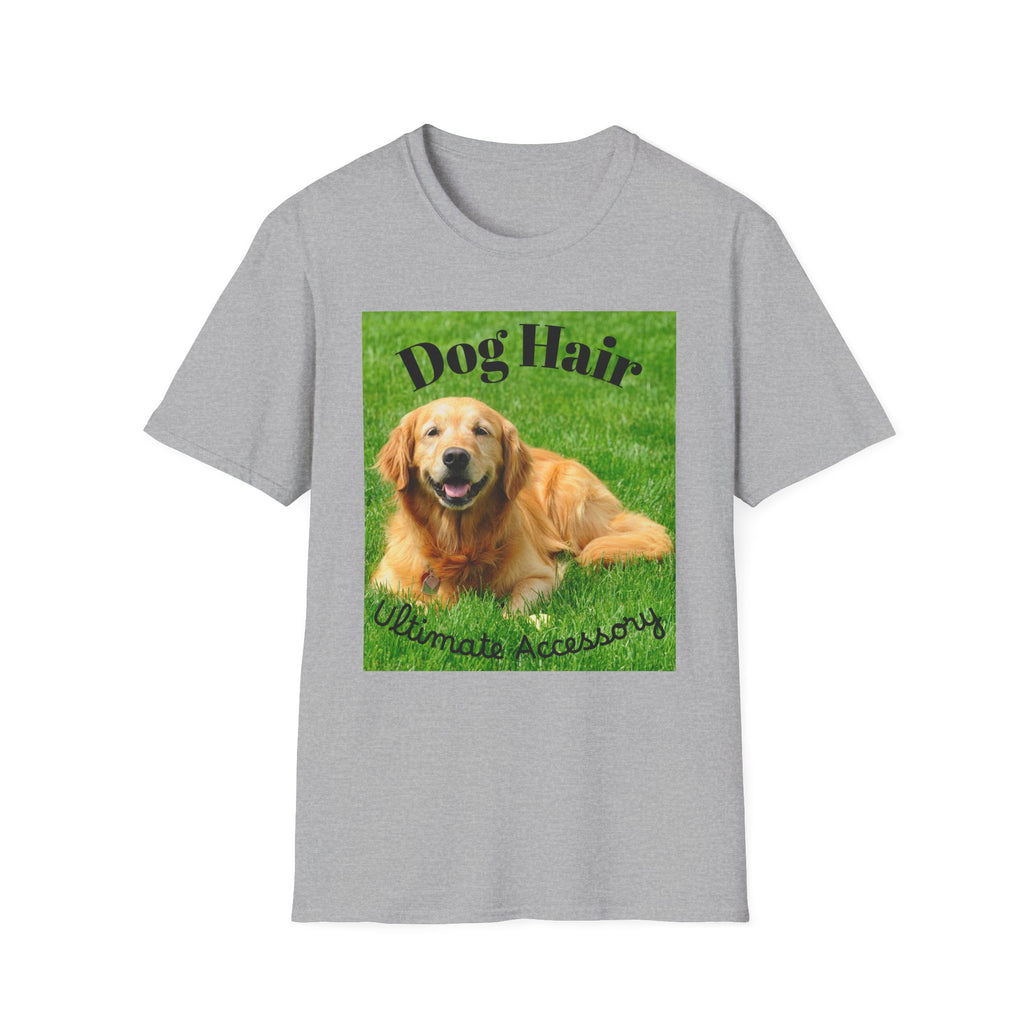
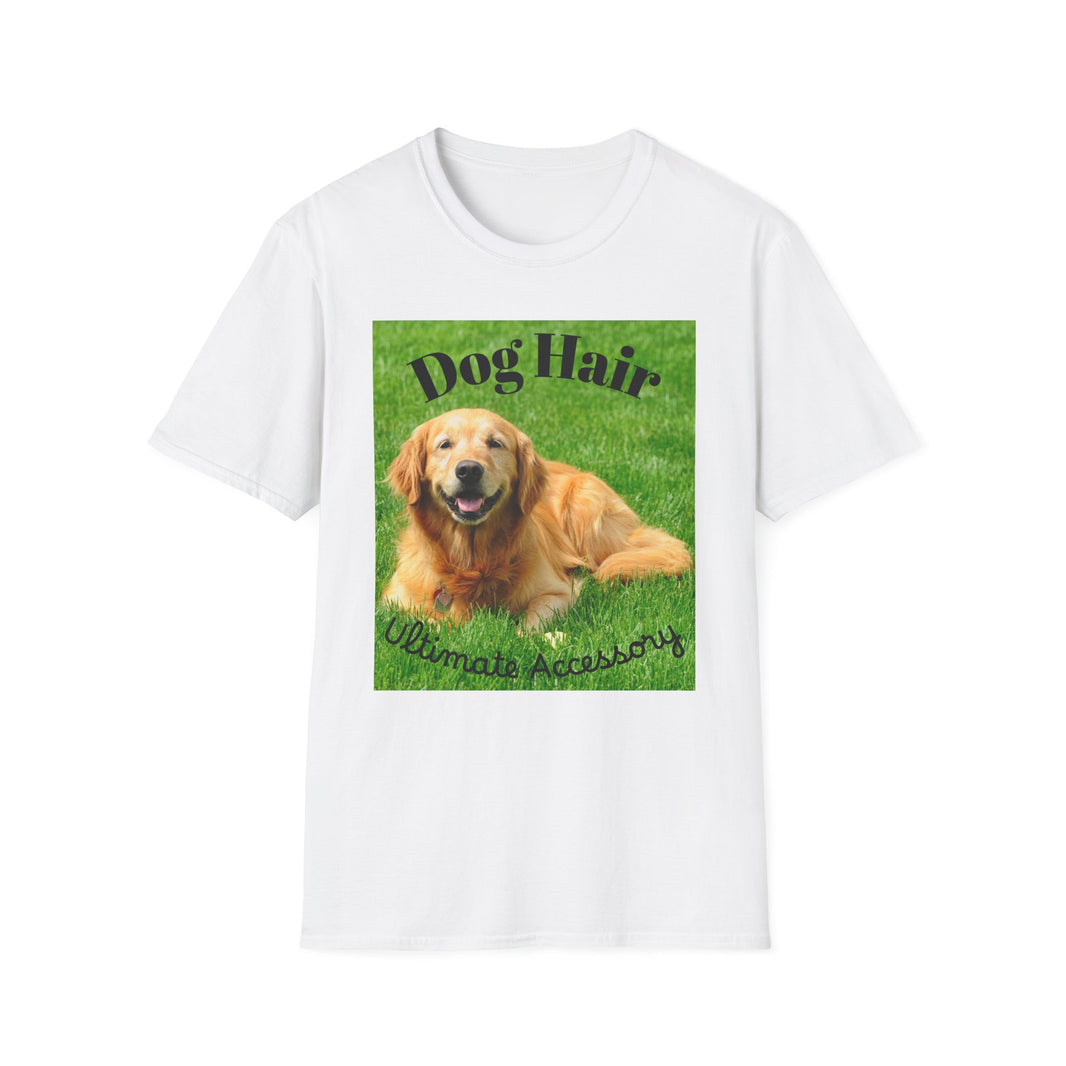
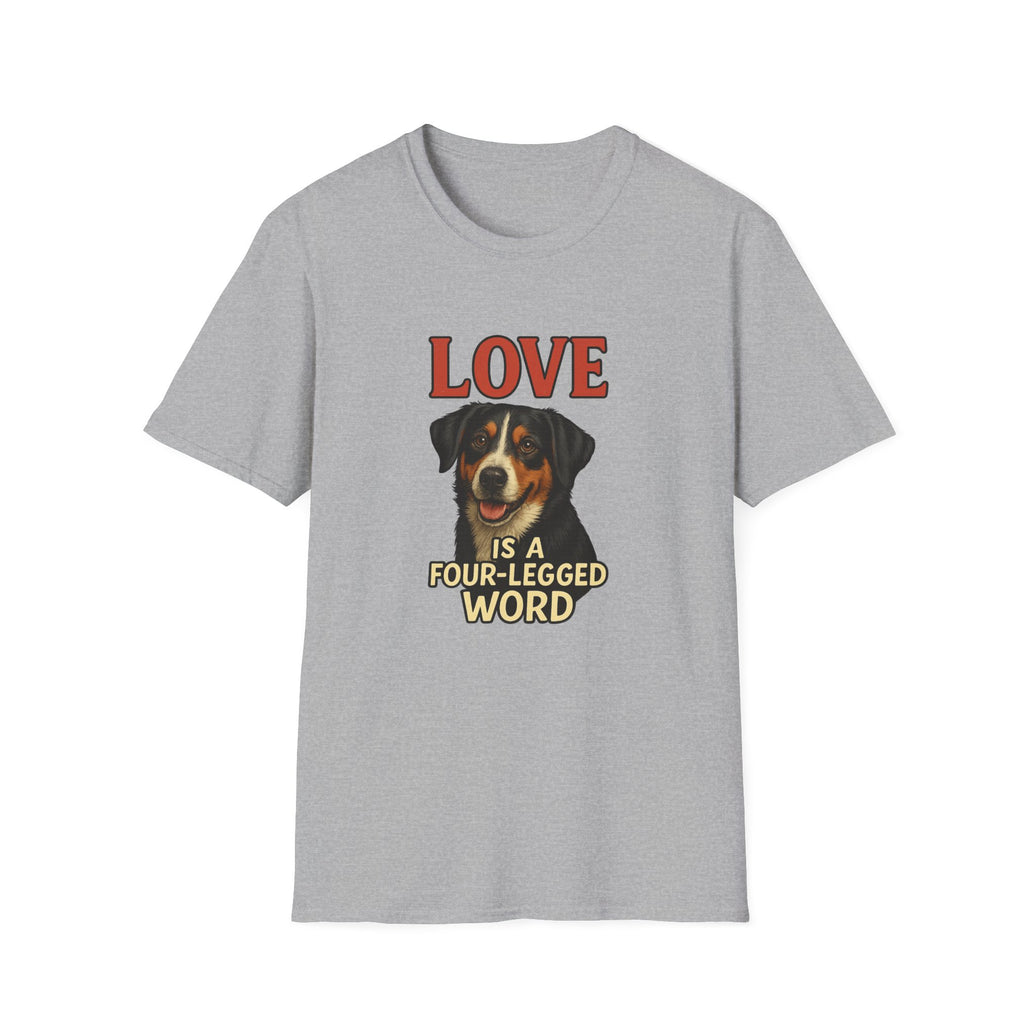
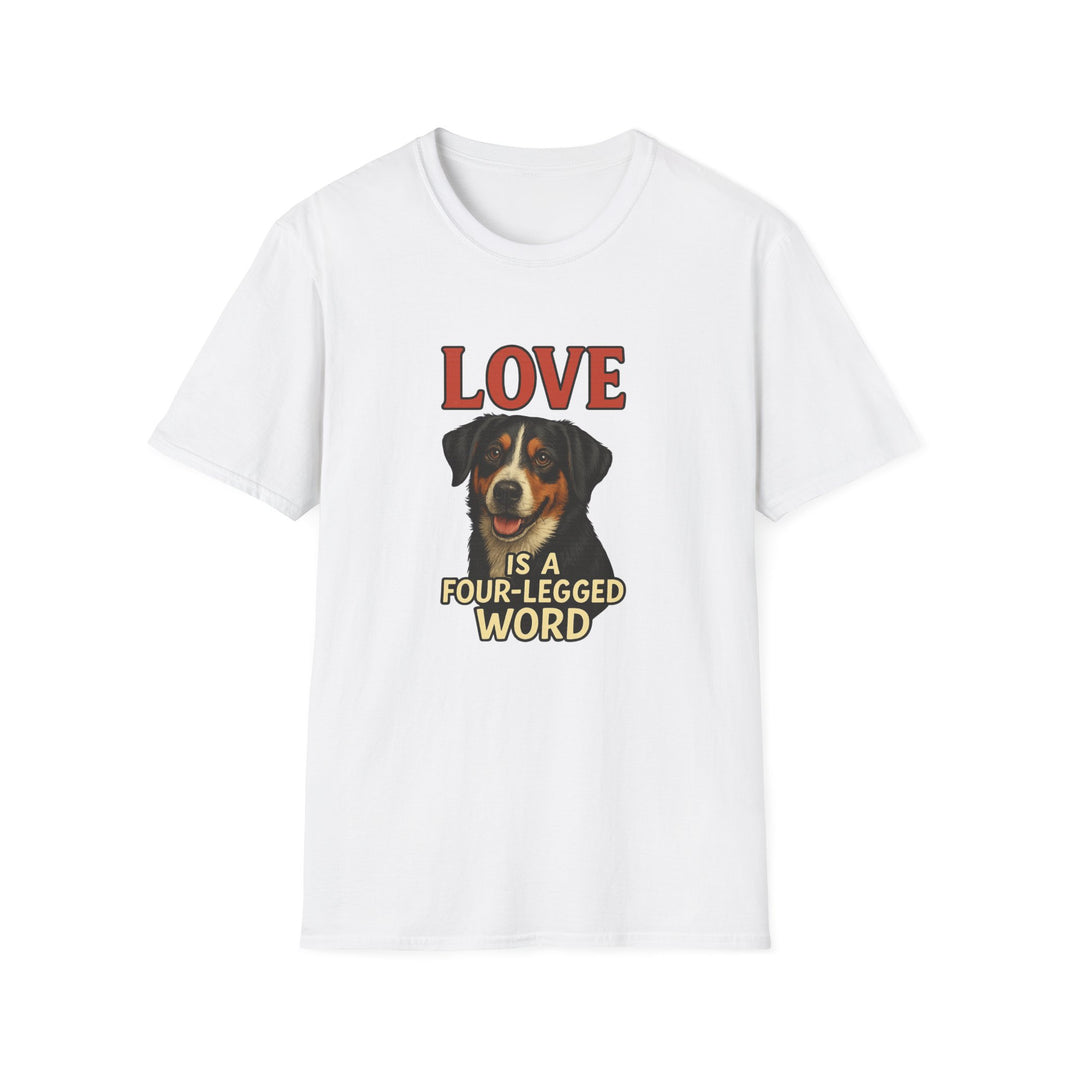
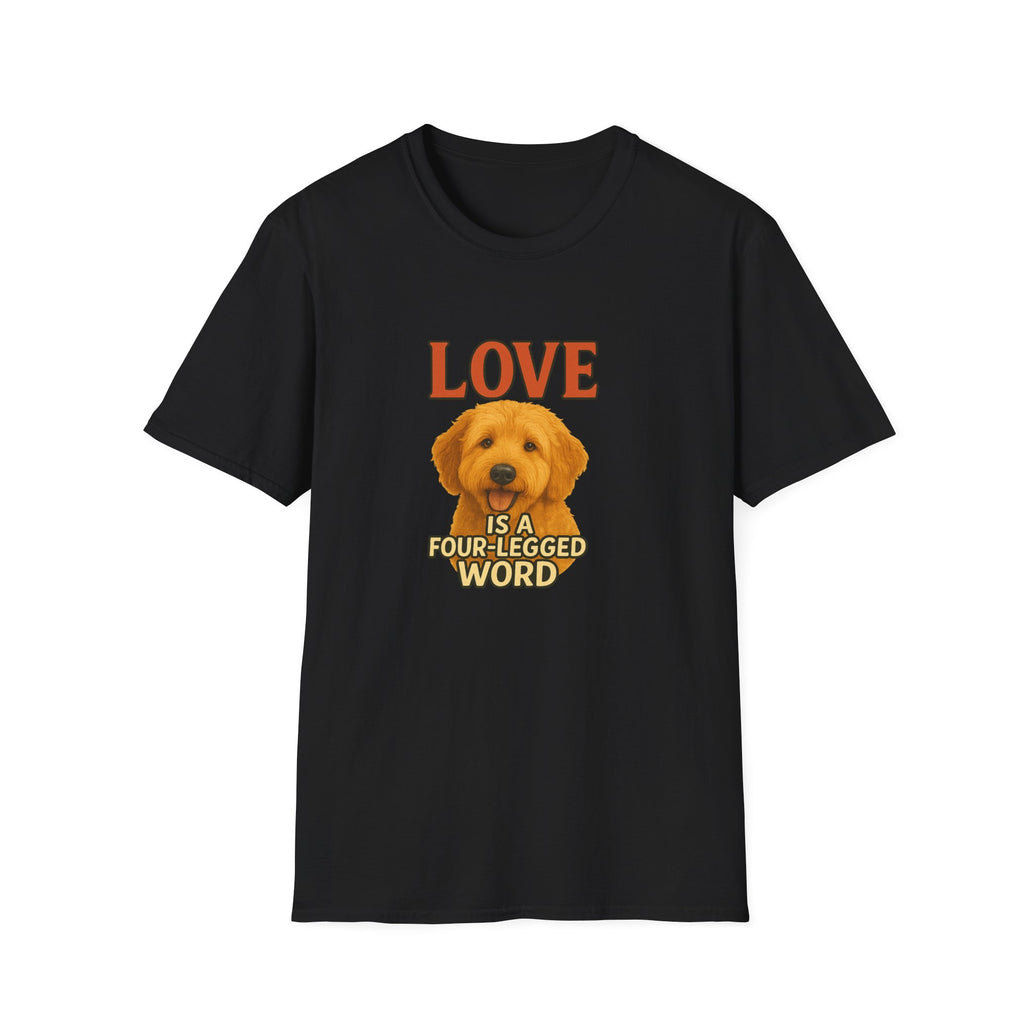
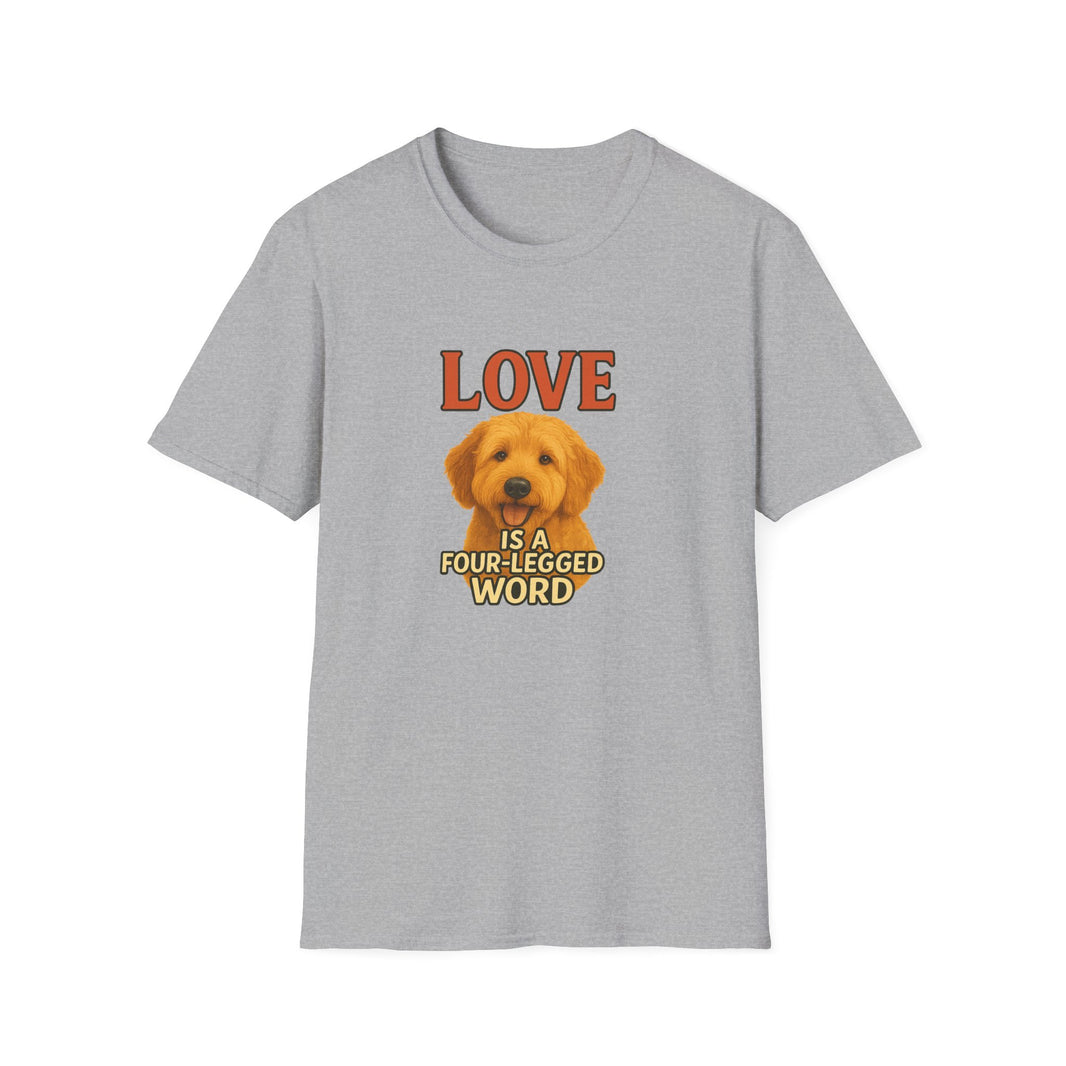





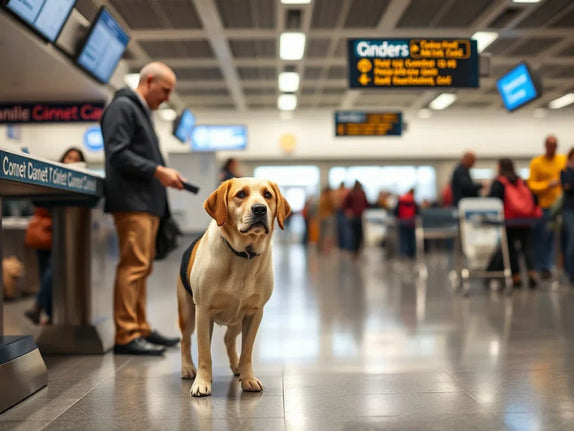
Leave a comment